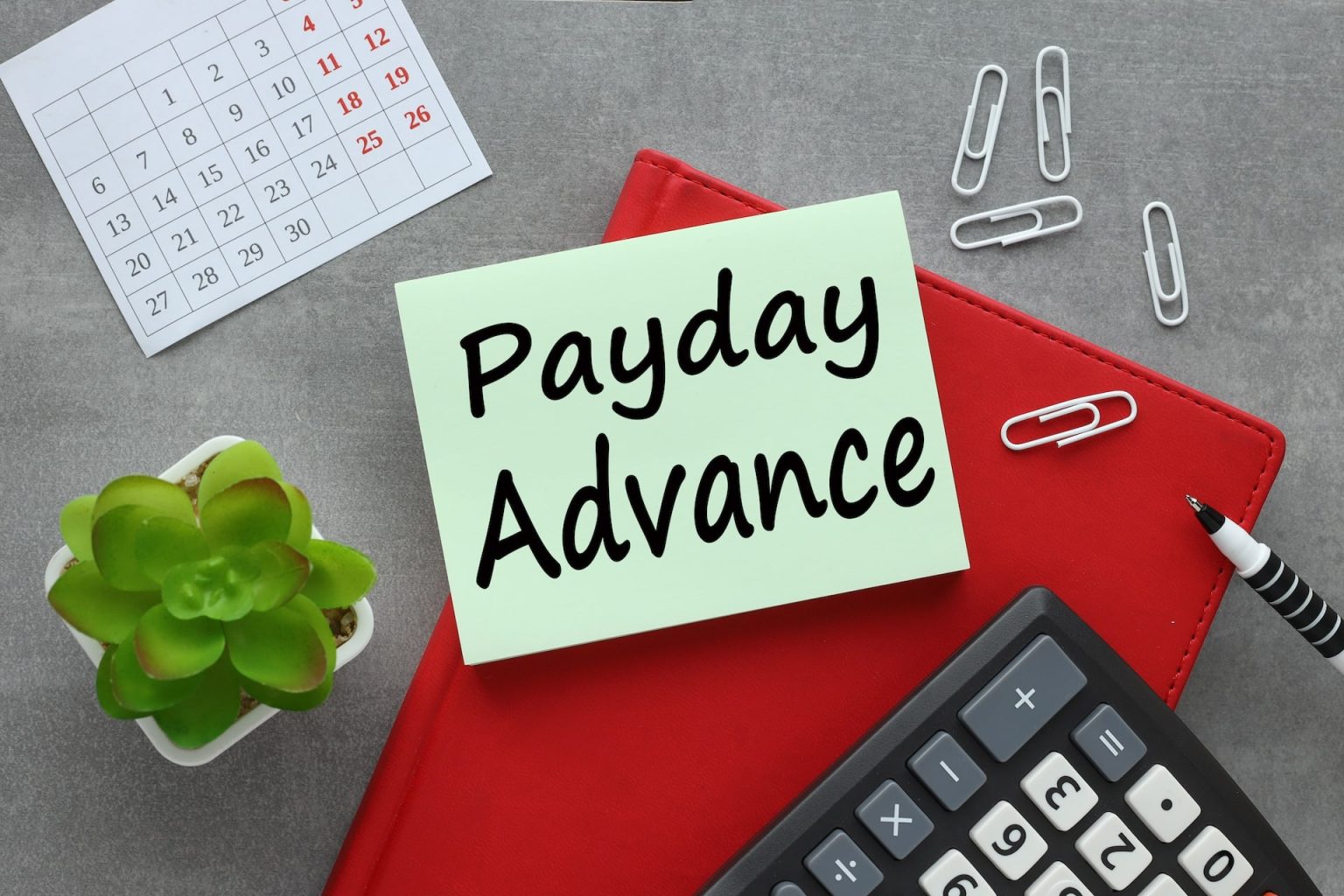Credit Sesame discusses whether payday advance products should be subject to the same rules as regular loans.
A newly released study by the Consumer Financial Protection Bureau (CFPB) suggests that millions of Americans might not realize just how much getting a payday advance can cost them.
How do payday advance products work?
Paycheck advance products are short-term loans that allow you to borrow money against your next paycheck. If you’re short on cash before payday and need funds for emergencies or unexpected expenses, these products can provide quick financial relief. You may be able to do this through your employer or specialist “payday lenders or “payday loan companies.”
According to the CFPB, nearly three-quarters of American workers are paid in arrears every two weeks or once a month. This means they are paid two to four weeks after completing the work.
Paycheck advance products make funds available to workers before payday. That money is then deducted from their next paycheck. For people who struggle to make ends meet from paycheck to paycheck, getting the money they’ve earned a little sooner can make the difference in whether or not they can pay bills on time.
Paycheck advances have become very popular. The CFPB estimates that the number of paycheck advance transactions nearly doubled from 2021 to 2022. In 2022, more than 7 million workers opted for paycheck advances. Advances totaled about $22 billion.
Is there a catch with paycheck advances?
Payday advances are expensive, and fees are deducted from the next paycheck. For regular users, the fees incurred in a typical paycheck advance program are the equivalent of 109.5% per year. This is more expensive than borrowing money with a credit card.
The CFPB has proposed that these advances should be considered loans subject to the Truth in Lending Act. This Act is designed to protect consumers against unfair practices and requires lenders to provide loan cost information so that consumers can comparison shop. This would allow people to make informed decisions about the cost of getting their pay a little early.
What about Buy Now Pay Later (BNPL) programs?
Like paycheck advances, BNPL programs have soared in popularity in recent years. People purchase goods today and worry about paying for them over a period of days, weeks or months.
BNPL services typically do not charge interest on installment payments on standard plans, especially if payments are made on time and within the agreed period. However, longer-term financing may be subject to interest payments, promotional offers may come with deferred interest, and missed payments may be subject to late fees.
Potential impact on credit and consumer protection
While paycheck advances and BNPL programs offer immediate financial relief, they can also have significant implications for consumers’ credit health. Frequent use of these services may lead to a cycle of debt, as high fees and interest rates compound financial strain. For paycheck advances, the high annual percentage rates (APRs) can surpass those of traditional credit cards, making them a costly option for regular use. Missed payments or the inability to repay these advances promptly can negatively impact credit scores, as they may be reported to credit bureaus.
Given these risks, there’s a growing call for regulatory oversight to protect consumers. The CFPB’s proposal to categorize paycheck advances as loans under the Truth in Lending Act is a crucial step in this direction. By enforcing transparency and requiring lenders to disclose the full cost of borrowing, consumers can make more informed financial decisions. This level of oversight would also align paycheck advance products with other credit products, ensuring that users are aware of the potential long-term costs and risks associated with early access to earned wages.
If you enjoyed Should your payday advance be subject to Truth in Lending? you may like,
Disclaimer: The article and information provided here are for informational purposes only and are not intended as a substitute for professional advice.
Read the full article here

